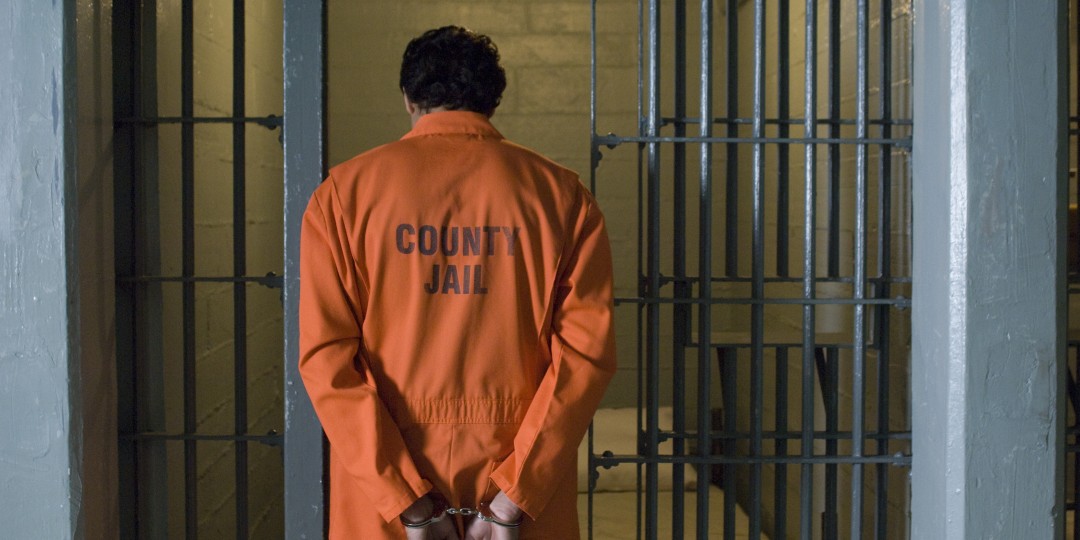
Drug charges can be complex and carry severe consequences, including long-term impacts on your personal and professional life. If you’re facing drug charges, a Dallas criminal defense lawyer can help you navigate the legal process and develop a defense strategy tailored to your case.
Types of Drug Charges
Drug charges vary widely, from simple possession to trafficking and distribution. The type of charge often depends on the substance involved, the quantity, and your intent. Possession charges might involve controlled substances such as marijuana, cocaine, or heroin, while trafficking charges can involve larger quantities and additional legal complications.
The Importance of a Dallas Criminal Defense Lawyer
A Dallas criminal defense attorney brings essential expertise to your case. They will examine the circumstances surrounding your arrest, including how the drugs were discovered and whether law enforcement followed proper procedures. If your rights were violated during the arrest or search, this could be a critical factor in building your defense.
Defense Strategies
Several defense strategies can be employed to counter drug charges. One common approach is challenging the legality of the search and seizure that led to the discovery of the drugs. If law enforcement conducted an illegal search, any evidence obtained may be inadmissible in court.
Your attorney may also argue that the drugs were not in your possession or that they were for personal use rather than distribution. In cases where you were unaware of the drugs being present, demonstrating that you had no control or knowledge of the contraband can be a viable defense.
Expert Legal Representation
Your Dallas criminal defense lawyer will use their knowledge of drug laws and courtroom procedures to advocate effectively on your behalf. They will prepare a defense strategy based on the evidence, negotiate with prosecutors, and represent you in court. Their goal is to minimize the impact of the charges and explore options for reducing penalties or securing a dismissal.
Preparing for Your Defense
Adequate preparation is crucial. Your attorney will work with you to gather evidence, identify witnesses, and develop a case strategy. This preparation includes reviewing police reports, analyzing drug test results, and addressing any potential issues with the prosecution’s case.
Drug charges require a strategic and informed approach to defense. With the expertise of a Dallas criminal defense lawyer, you can navigate the complexities of drug laws and work towards a favorable resolution. You can address the charges and protect your future by understanding your options and leveraging your attorney’s skills.
To learn more about our approach to drug charges, visit our Dallas Drug Lawyer page.













